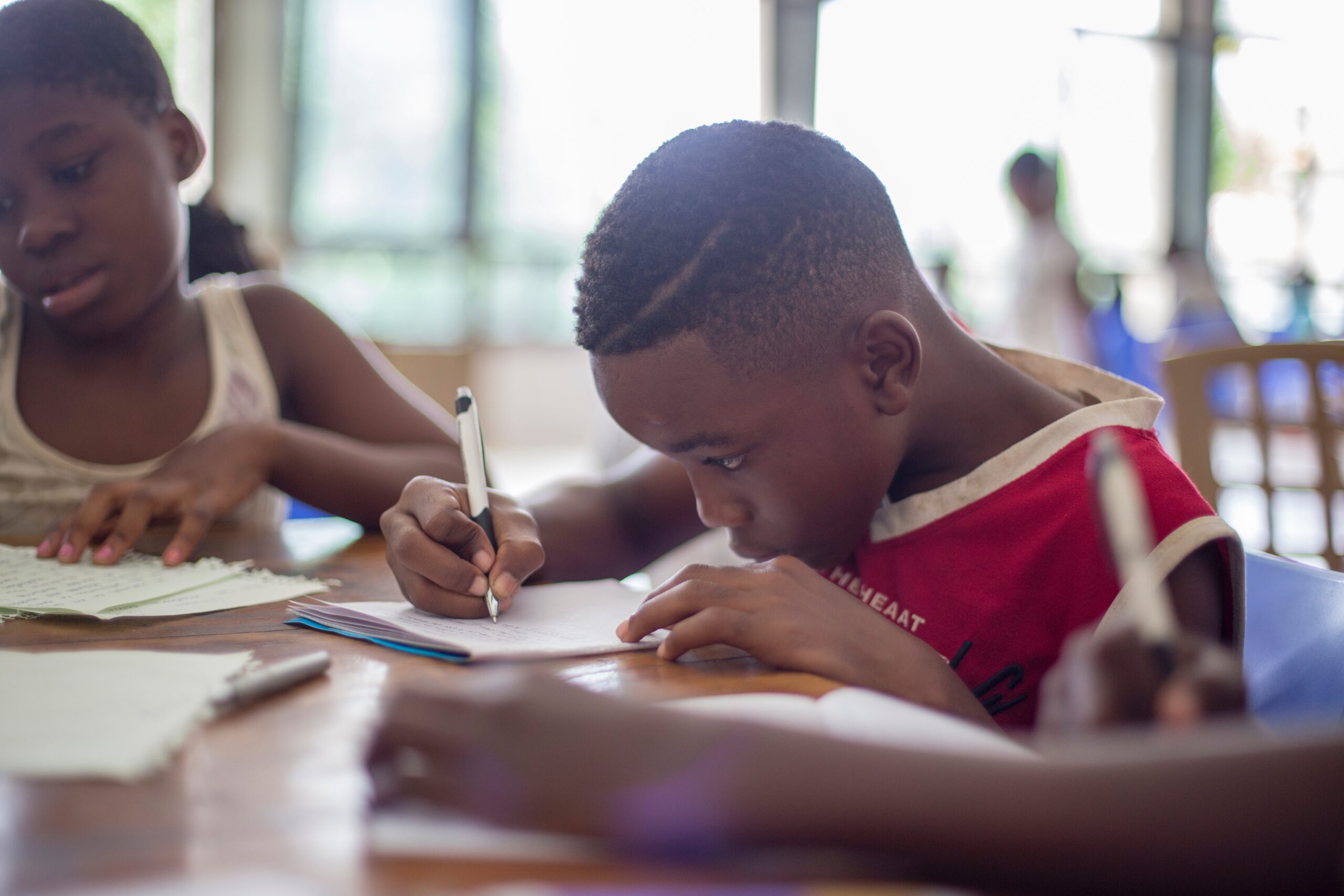The Impact of Creative Writing on Youth Development
Creative writing, a form of self-expression through words, is a powerful tool that transcends the boundaries of age, culture, and time. For today’s youth, it serves as more than just a form of artistic expression; it is a catalyst for personal growth and development. The Creative Writing Olympiad, a platform that celebrates and nurtures young talents, has emerged as a cornerstone in harnessing the potential of youthful minds. This article delves into the profound impact of creative writing on youth development, emphasizing how this art form equips young individuals with essential skills, broadens their horizons, and shapes their futures.
Fostering Imagination and Creativity
Creative writing ignites the spark of imagination in young minds. It encourages them to explore uncharted territories of thought and venture into the realm of the unknown. Through storytelling, poetry, and prose, young writers craft worlds, characters, and narratives that spring from the depths of their creativity. This process allows them to stretch their imaginations, breaking free from the constraints of the ordinary. By envisioning scenarios, places, and characters, they develop the ability to think beyond the obvious, a skill that transcends the boundaries of creative writing and permeates other aspects of their lives.
Enhancing Communication Skills
The art of storytelling is rooted in effective communication. Youth engaged in creative writing quickly realize that the power of their words lies not just in the tales they tell but also in how they convey those stories. They learn the nuances of language, the art of pacing, and the significance of clarity. In their journey as writers, they experiment with diverse forms of expression, honing their vocabulary and language skills. The capacity to articulate ideas coherently and persuasively is a transferable skill that serves them well, whether in academic presentations, job interviews, or everyday interactions.
Cultivating Critical Thinking
As young writers embark on their creative writing journeys, they become architects of their narratives. They mold characters, weave plots, and make decisions that shape the direction of their stories. This process necessitates critical thinking and problem-solving. When their protagonists face dilemmas, young writers must envisage potential solutions. They engage in the mental exercise of considering consequences, alternatives, and the intricacies of human nature. Critical thinking, a skill essential in academic and professional life, is gradually honed through the creative writing process.
Empathy and Emotional Intelligence
Creative writing compels young authors to delve into the psyches of their characters, discerning their motivations, fears, and desires. This empathetic exercise is not restricted to fictional beings alone; it extends to real-life situations. Through their stories, young writers learn to see the world through multiple lenses. They grasp the complexities of human emotions, the moral dilemmas individuals face, and the diverse perspectives that govern human behavior. This understanding translates into increased empathy and emotional intelligence, skills vital in building relationships, resolving conflicts, and navigating the intricacies of human interaction.
Building Resilience
Resilience, often described as the ability to bounce back from setbacks and adapt positively to adversity, is a vital life skill that plays a significant role in shaping an individual’s character and overall well-being. In the face of challenges, whether personal, academic, or professional, resilience acts as a buffer, enabling individuals to navigate through difficult situations with grace and determination. This article explores the concept of resilience, its importance in various aspects of life, and strategies to build and strengthen this invaluable trait.
Understanding Resilience
Resilience is not an innate quality possessed by a select few; instead, it is a skill that can be cultivated and nurtured over time. At its core, resilience involves the ability to maintain mental and emotional stability amidst adversity. Resilient individuals do not crumble in the face of failure or despair; instead, they harness their inner strength, perseverance, and coping mechanisms to overcome challenges. Developing resilience equips individuals with the capacity to recover from setbacks, learn from failures, and emerge stronger and more determined.
The Importance of Resilience
- Coping with Adversity: Life is inherently unpredictable, and everyone encounters setbacks and difficulties at various points. Resilience equips individuals with the mental and emotional tools to cope with adversity without succumbing to despair. Whether it’s the loss of a loved one, academic failures, or professional setbacks, resilient individuals can face these challenges head-on and work towards resolution.
- Enhancing Mental Well-being: Resilient individuals tend to have better mental health outcomes. They are less prone to stress, anxiety, and depression because they possess effective coping mechanisms. When faced with stressful situations, they can maintain a positive outlook and approach problem-solving with a clear mind, reducing the impact of stress on their mental health.
Strategies for Building Resilience
- Developing a Growth Mindset: Embracing a growth mindset, where challenges are viewed as opportunities for growth and learning, is fundamental to building resilience. By reframing failures as valuable lessons, individuals can bounce back stronger and more determined.
- Building a Supportive Network: Strong social connections act as a cushion during difficult times. Cultivating relationships with friends, family, mentors, and support groups provides individuals with emotional support, different perspectives, and encouragement, enhancing their ability to cope with challenges.
Nurturing Individuality and Self-Expression
The Creative Writing Olympiad, among other platforms, emphasizes the importance of individuality in writing. Young writers are encouraged to find their unique voice, explore their passions, and address issues close to their hearts. This journey of self-discovery fosters self-expression and self-acceptance. Youth learn that their perspectives, experiences, and voices are valuable, thus boosting their self-esteem and confidence. They discover the power of their narratives and how they can make an impact on the world.
A Long-Term Investment in Youth
The impact of creative writing on youth development is not confined to the present moment; it extends well into the future. The skills honed through creative writing—imagination, communication, critical thinking, empathy, resilience, and self-expression—are instrumental in shaping the leaders, innovators, and empathetic individuals of tomorrow. The Creative Writing Olympiad, by nurturing these skills, is not merely a competition; it is an investment in the personal and academic growth of youth, equipping them with the tools they need to navigate an increasingly complex world.










